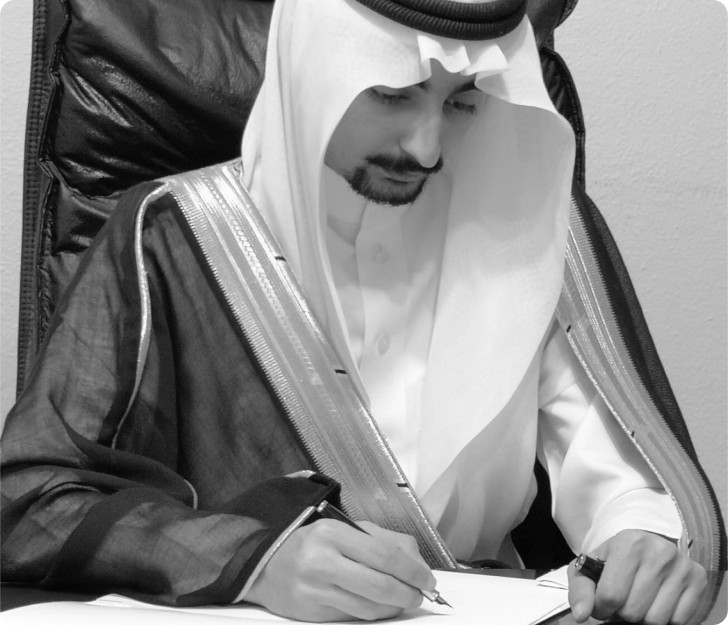Saudi Arbitration Overview
Arbitration in the Kingdom of Saudi Arabia holds a prominent position as an effective means for resolving disputes outside the traditional courts. The history of arbitration in the Kingdom spans many centuries and is rooted in the rich Islamic traditions that encourage peaceful and just resolution of conflicts. With the development of the Kingdom in various fields, the arbitration system has seen significant advancements through the introduction of modern legislation and the establishment of specialized arbitration centers that cater to the needs of both individuals and businesses.
This article aims to explore various aspects of arbitration in the Kingdom, from the legal foundations it rests upon to the recent developments and reforms it has undergone, enhancing our understanding of the importance of arbitration and its role in achieving justice and fostering a business-friendly environment.
Arbitration Between Centuries
Arbitration practice in Saudi Arabia does not merely exist; it goes back to the 18th century, according to our historical resources. Those who gaze intently into the legislation landscape in Saudi Arabia know that there are three phases: the work phase of unwritten legislation, the codification phase of laws, and then the modernization and development phase of laws. The same situation is applicable in arbitration practices. Dr. Saad Al-Soyan states in his book (THE ARABIAN DESERT: ITS POETRY & CULTURE ACROSS THE AGES: AN ANTHROPOLOGICAL APPROACH) that tribal disputes result through agreement in the selection of the person authorized to adjudicate the dispute. Thus, the first commonly used form of arbitration among tribes at the time is arbitration in accordance with the principles of justice. At the beginning of the twentieth century, legislative codification began in Saudi Arabia, and arbitration was explicitly referred to in Saudi Arabia’s first commercial law of 1931, after that, a series of legislative developments followed.
Arbitration in Energy Contracts
Some legal researchers state that some petroleum agreements to which Saudi Arabia was a party, such as Standard Oil FC’s 1933 concession contract, included an arbitration clause. These arbitral applications in energy contracts reflect the importance of arbitration in international contracts. Given the particular nature of confidentiality-based arbitration disputes, we are unable to cite examples of arbitration between individuals at that time and have invited colleagues and researchers with arbitration documents to share them with us in accordance with the specific legal procedures.
Arbitration Sector Governance
The institutional arbitration sector has witnessed a governance process aimed at creating a unique Saudi experience characterized by the national character and specificity of Saudi culture and keeping pace with international developments in this field.
Initially, institutional arbitration was carried out by chambers of commerce in the Kingdom, and the Chamber of Commerce in Jeddah was the first to exercise these competencies at the Kingdom level.
It was then withdrawn from jurisdiction and entrusted to independent arbitration centers under the supervision of a State committee originating from the Federation of Chambers of Commerce. The Saudi Center for Commercial Arbitration, the Engineering Arbitration Center, the Sports Arbitration Center, and the Mecca Arbitration Center were established accordingly.
Subsequently, a government committee was established by Decision No. 68 of 21/01/1445 A.H. to prepare an integrated vision for the organization of the institutional arbitration sector in the Kingdom in the light of the world’s leading models and experiences, thereby helping to upgrade and develop the sector and enhance its reliability.



